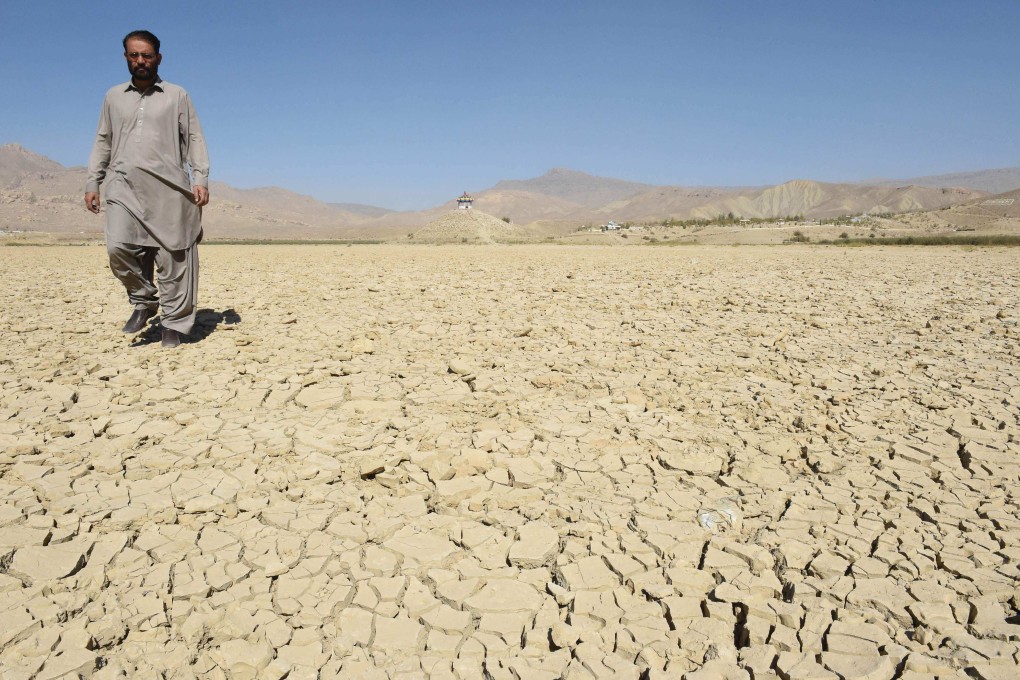Opinion | Pakistan’s climate change fight needs a strong social narrative to succeed
- Recent steps by the government are encouraging, but a lack of social awareness and acceptance could doom Pakistan’s progress
- The failure of Islamabad’s plastic bag ban and increased logging despite reforestation efforts show the importance of securing public support

Similarly, the Alternative and Renewable Energy Policy 2019 ambitiously aims to increase Pakistan’s share of green energy generation to 30 per cent by 2030. Moreover, the government has introduced ecosystem-based adaptation solutions such as Recharge Pakistan to build resilience and reduce vulnerability.
These policies are steps in the right direction. However, the ingredient missing from Pakistan’s climate change policies is social awareness and acceptance. Although we now have a narrative in the policy domain through the government’s initiatives, what is needed is a strong narrative in the social sphere.
Without awareness that a problem exists, it is impossible to find its solution. Many people are not aware that climate change poses a serious threat to their livelihoods.

